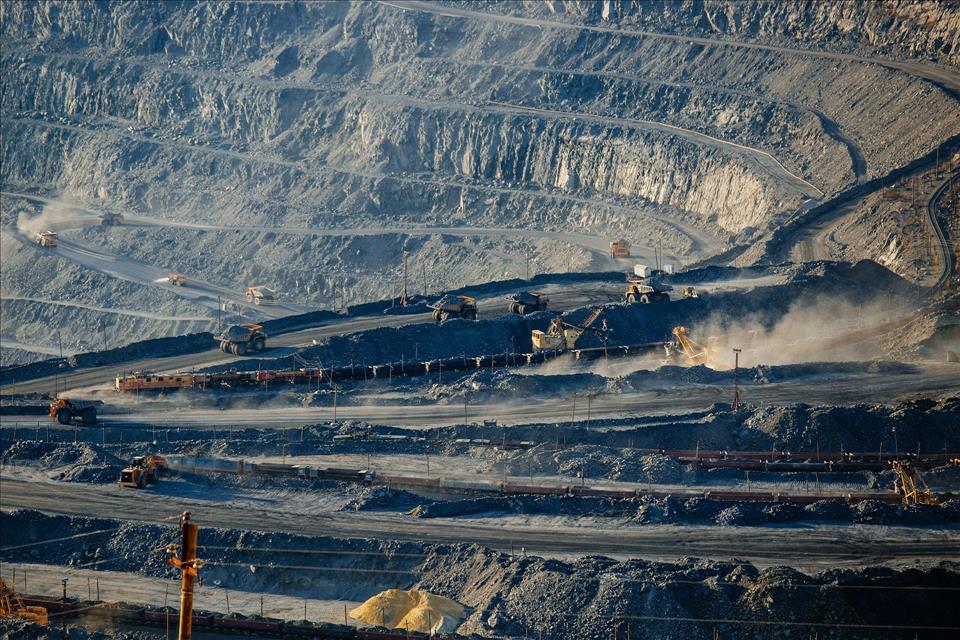
The Anthropocene Epoch That Isn't What The Decision Not To Label A New Geological Epoch Means For Earth's Future
In this episode of The Conversation Weekly podcast, two scientists give us their different opinions on whether that was the right decision and what it means for the future use of the word Anthropocene.
The term Anthropocene was coined in 2001 by the Nobel-winning atmospheric chemist Paul Crutzen to describe the huge impact that humans are having on the planet and its environment.
“It is collectively the effects of all the things we do that are changing the atmosphere, the oceans, the biosphere,” explained Jan Zalasiewicz, a professor of palaeobiology at the University of Leicester in the UK. He says the change has been“extraordinarily rapid”, particularly since the mid-20th century, a time known as the great acceleration.
An Anthropocene Working Group was established in 2009 to explore whether the Anthropocene should be declared an official geological epoch, different to the Holocene, which began around 11,700 years ago. A new epoch would mean that a distinct change could be seen in the fossil record with geological strata distinctive from those below and above it.
Zalasiewicz is convinced that the Anthropocene fits this category.
An epoch or an event?But other scientists disagree that Earth has moved into a new geological epoch. Erle Ellis, a professor of geography and environmental systems at the University of Maryland, Baltimore County, resigned from the Anthropocene Working Group in 2023 because of of the direction of travel it was taking. Ellis said:
For Ellis, the Anthropocene is better described as an event, rather than an epoch.
Neither Zalasiewicz nor Ellis took part in the final vote on whether to label the Anthropocene an epoch, but both agree – the term isn't going anywhere. For Zalasiewicz:
Listen to interviews with Ellis and Zalasiewicz on The Conversation Weekly podcast , which also includes an introduction from Will de Freitas, environment and energy editor at The Conversation in the UK.
A transcript of this episode will be available shortly.
This episode of The Conversation Weekly was written and produced by Tiffany Cassidy, with production assistance from Katie Flood. Gemma Ware is the executive producer. Sound design was by Eloise Stevens, and our theme music is by Neeta Sarl. Stephen Khan is our global executive editor, Alice Mason runs our social media and Soraya Nandy does our transcripts.
You can find us on Instagram at theconversationdotcom or via email . You can also subscribe to The Conversation's free daily email here .
Listen to The Conversation Weekly via any of the apps listed above, download it directly via our RSS feed or find out how else to listen here .

Legal Disclaimer:
MENAFN provides the
information “as is” without warranty of any kind. We do not accept
any responsibility or liability for the accuracy, content, images,
videos, licenses, completeness, legality, or reliability of the information
contained in this article. If you have any complaints or copyright
issues related to this article, kindly contact the provider above.

















Comments
No comment